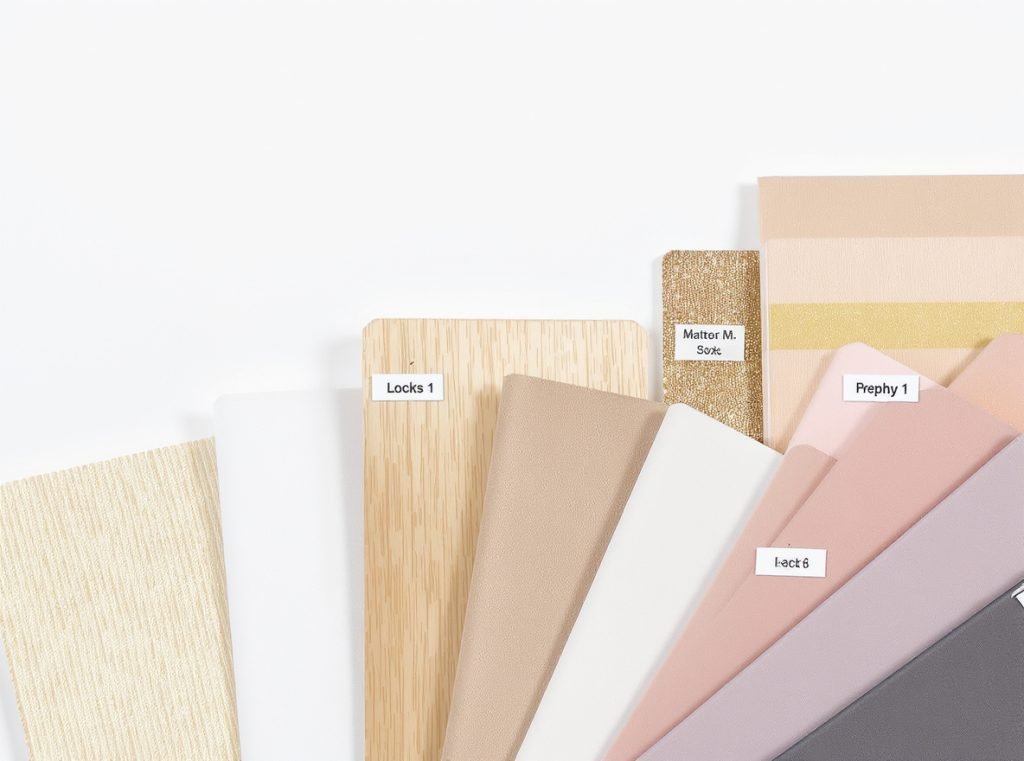Finding the right cosmetic jar supplier can make or break your beauty brand. With countless manufacturers claiming to offer “premium quality” at “factory prices,” choosing the wrong partner could result in defective products, delayed shipments, and frustrated customers who damage your brand reputation.
The key to finding a reliable plastic cosmetic jar supplier in China lies in thorough verification of their ISO 22716 certification, manufacturing capabilities, quality control systems, and documented track records with international clients. Focus on suppliers with proper business documentation, transparent factory operations, and pricing that reflects quality standards rather than unrealistically low quotes.
Ready to discover the exact steps to identify trustworthy suppliers and avoid costly mistakes? Let’s dive into the complete guide that will save you time, money, and headaches.
Table of Contents
ToggleWhat Makes a Cosmetic Jar Supplier Reliable?
Understanding supplier reliability criteria prevents costly partnerships with unqualified manufacturers. Many beauty brands learn this lesson the expensive way after dealing with quality issues and delivery delays.
A reliable cosmetic jar supplier demonstrates consistent quality delivery through established manufacturing capabilities, verified certifications like ISO 22716, transparent communication patterns, and documented track records with verifiable international client references.
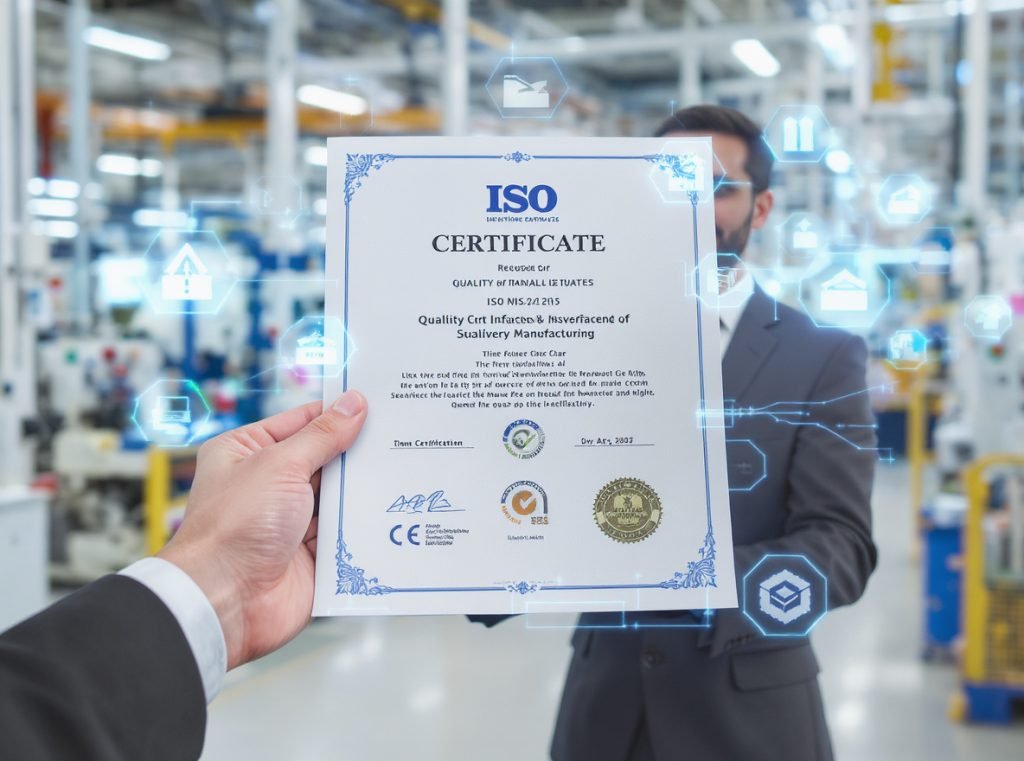
Reliability in cosmetic packaging manufacturing stems from several interconnected factors that work together to ensure consistent product quality and service delivery.
Clean, well-organized facilities with proper quality control systems form the foundation of reliable operations. Professional suppliers maintain hygiene protocols, employ trained personnel, and demonstrate commitment to continuous improvement through regular audits and third-party certifications.
Transparency distinguishes professional manufacturers from questionable operations. Reliable suppliers readily provide business documentation, offer facility tours, share client references, and maintain open communication about their capabilities and limitations.
Manufacturing consistency requires robust systems and processes. Leading suppliers implement systematic quality management, maintain detailed batch tracking systems, and follow documented procedures for incoming material controls and finished product testing.
| Reliability Factor | Professional Standard | Red Flags |
|---|---|---|
| Business Documentation | Valid licenses, registration verification | Reluctance to provide business documents |
| Facility Operations | Clean, organized, proper equipment | Poor conditions, outdated machinery |
| Quality Systems | ISO 22716, documented procedures | No certifications, informal processes |
| Client References | Verifiable testimonials, case studies | No references, fake testimonials |
How Do You Verify a Supplier’s Manufacturing Capabilities?
Manufacturing capability verification requires systematic assessment of production capacity, equipment condition, and technical capabilities to ensure suppliers can meet your requirements consistently.
Verify manufacturing capabilities through on-site factory audits conducted personally or via qualified third-party inspection services, evaluating production lines, quality control systems, equipment specifications, and current client portfolios to confirm advertised capabilities match reality.

Factory audits provide ground truth about operational capabilities. Document production capacity metrics, equipment specifications, and workforce capabilities during peak seasons. Professional audits should include production areas, quality control laboratories, raw material storage, and packaging facilities.
Production line assessment reveals technological sophistication and maintenance standards. Modern injection molding machines, automated quality testing equipment, and climate-controlled storage facilities indicate serious manufacturing operations capable of consistent quality output.
Technical capabilities evaluation covers customization options, mold-making facilities, and surface treatment capabilities. Request detailed information about their ability to handle custom colors, sizes, printing, and special finishing requirements for your specific needs.
Equipment condition and age directly impact product quality and delivery reliability. Request equipment lists with model numbers, purchase dates, and maintenance schedules to gauge technological currency and production stability.
• Assess daily production capacity for your specific jar sizes and requirements
• Evaluate quality control laboratory equipment and testing capabilities
• Review raw material storage and handling procedures for contamination prevention
• Confirm backup equipment availability for continuous production during maintenance
• Document current client portfolio and production allocation capacity
Capacity verification should include seasonal variations and scaling capabilities. Understand how suppliers handle peak demand periods and whether they maintain adequate workforce and equipment reserves for consistent delivery performance.
What Certifications Should You Look For?
Proper certifications indicate regulatory compliance and quality system maturity, reducing risks of product recalls and regulatory issues in your target markets.
Essential certifications for cosmetic jar suppliers include ISO 22716 (Cosmetics Good Manufacturing Practice) for hygiene protocols and contamination control, ISO 9001 for quality management systems, and relevant market-specific registrations like FDA numbers for US market access.

ISO 22716 certification provides the foundation for cosmetic packaging manufacturing. This standard ensures suppliers follow strict hygiene protocols, traceability practices, contamination control measures, and proper storage procedures essential for cosmetic product safety.
Quality management certifications establish operational credibility. ISO 9001:2015 demonstrates structured quality management systems, documented procedures, and continuous improvement processes that directly impact product consistency and customer satisfaction.
Environmental and ethical certifications demonstrate responsible operations. ISO 14001 for environmental management and SMETA (Sedex Members Ethical Trade Audit) certification show commitment to sustainable and ethical manufacturing practices.
Market access certifications enable global distribution. FDA registration numbers allow direct export to US markets, though be cautious of fake “FDA certificates” commonly provided by some Chinese suppliers. Verify registration numbers through official FDA databases.
Industry-specific certifications address cosmetic packaging requirements. GMPC (Good Manufacturing Practices for Cosmetics) and BIS certification for certain markets ensure products don’t negatively impact public health and meet specific regulatory standards.
Critical Certification Checklist:
- ISO 22716 for cosmetic manufacturing practices
- ISO 9001:2015 for quality management systems
- ISO 14001 for environmental management
- SMETA for ethical trading practices
- Valid FDA registration numbers (verify through official databases)
- Market-specific certifications for your target regions
How Can You Assess Product Quality Standards?
Quality assessment prevents defective products from reaching customers through systematic evaluation of materials, manufacturing processes, and finished product performance.
Assess product quality by implementing Acceptable Quality Limit (AQL) standards of 0/1.5/2.5 for critical/major/minor defects, requesting comprehensive material certificates and test reports, and conducting accelerated aging tests to verify long-term stability and performance.
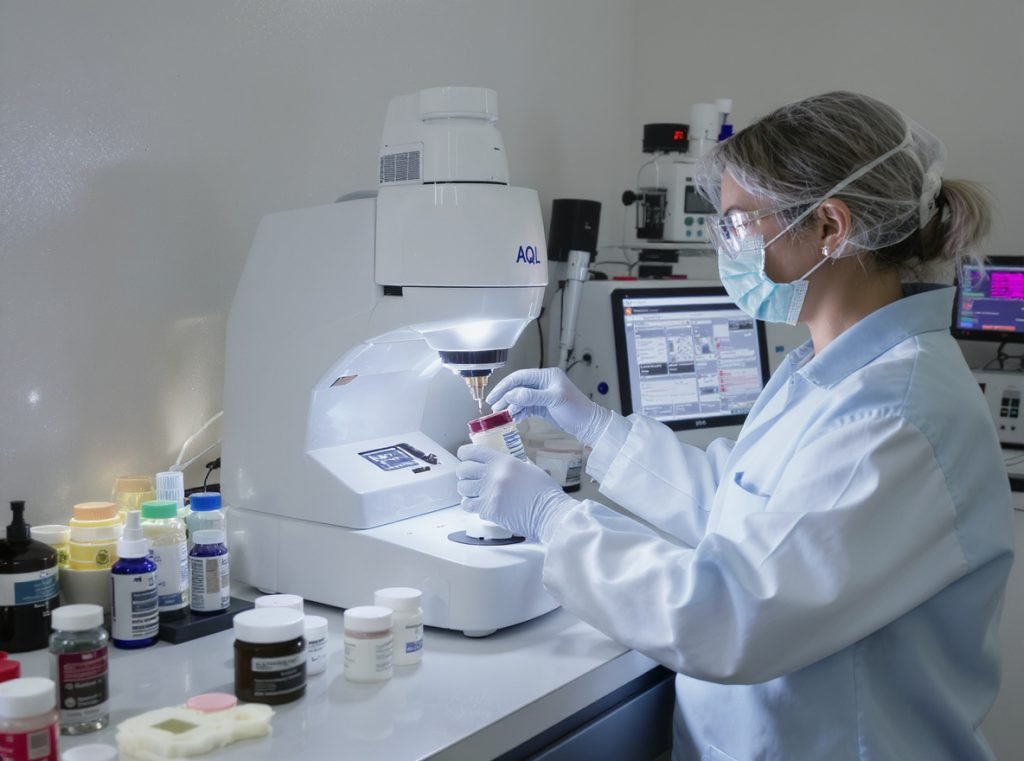
AQL standards provide objective quality measurement frameworks. Implement AQL inspection protocols with specific criteria for critical defects (safety issues), major defects (functionality problems), and minor defects (cosmetic imperfections) that affect product acceptability.
Material verification ensures safety and compliance. Request comprehensive certificates covering chemical composition, BPA-free verification, food-grade compliance where applicable, and absence of hazardous substances through chromatographic methods meeting CNAS standards.
Physical testing reveals practical performance characteristics. Conduct drop tests, compression tests, leak testing, and temperature resistance evaluations using production samples. Professional suppliers provide detailed testing reports for mechanical properties and chemical resistance.
Accelerated aging tests assess long-term durability and stability. These tests simulate extended storage conditions to identify potential degradation, color changes, or structural failures that could occur during product shelf life.
Barrier properties testing ensures product protection capabilities. Evaluate moisture barriers, oxygen transmission rates, and chemical compatibility with common cosmetic ingredients to prevent formulation degradation or contamination.
| Testing Category | Key Parameters | Acceptance Criteria |
|---|---|---|
| Material Safety | BPA-free, food-grade compliance | Zero hazardous substances |
| Physical Properties | Drop test, compression, leak test | Meet specified tolerances |
| Chemical Resistance | Compatibility with cosmetic ingredients | No degradation or migration |
| Aging Performance | Color stability, structural integrity | Maintain properties over time |
What Questions Should You Ask Potential Suppliers?
Strategic questioning reveals supplier capabilities, limitations, and compatibility with your business requirements before committing to partnerships.
Critical evaluation questions should cover business verification through China’s National Enterprise Credit Information Publicity System, production capabilities including MOQs and lead times, quality control processes, and verifiable client references to assess supplier suitability comprehensively.

Business verification questions establish legitimacy and operational stability. Request copies of business licenses, registration documents, and verify information through official Chinese government databases to confirm legal operations and ownership structure.
Production capability questions reveal operational capacity and flexibility. Inquire about current production capacity, equipment specifications, minimum order quantities, customization capabilities, and lead times for both stock molds and custom tooling development.
Quality system questions assess systematic approaches to consistency. Ask about quality control processes, testing procedures, certification maintenance schedules, complaint handling systems, and batch tracking capabilities for traceability.
Financial and commercial questions clarify partnership parameters. Discuss pricing structures, payment terms, annual volume commitments, cost reduction opportunities, and long-term partnership benefits that provide mutual value.
Business Verification Questions:
- Can you provide business license and registration documents?
- What is your company’s ownership structure and operational history?
- How can we verify your business registration through official channels?
Production Capability Questions:
- What is your current daily production capacity for our jar specifications?
- What are your minimum order quantities and typical lead times?
- How do you handle rush orders and seasonal demand variations?
- What customization capabilities do you offer for colors, printing, and finishing?
Quality Assurance Questions:
- What quality control procedures do you follow during production?
- Can you provide ISO 22716 certification and quality control checklists?
- How do you handle quality issues and customer complaints?
- What testing equipment and procedures do you maintain in-house?
Client Reference Questions:
- Can you provide verifiable client testimonials and case studies?
- What is your current client retention rate and portfolio?
- May we contact previous customers for performance feedback?
How Do You Evaluate Supplier Communication and Support?
Effective communication prevents misunderstandings, reduces project delays, and ensures smooth collaboration throughout the partnership lifecycle.
Evaluate communication quality through prompt response times during initial inquiries, technical understanding demonstration, language proficiency assessment, and willingness to provide regular progress updates and transparent problem-solving approaches.

Response time patterns indicate priority levels and organizational efficiency. Professional suppliers respond to initial inquiries within 24-48 hours and maintain consistent communication schedules throughout project development and production cycles.
Technical knowledge depth reveals industry expertise and problem-solving capabilities. Test suppliers’ understanding through detailed discussions about specifications, quality requirements, regulatory compliance, and customization challenges specific to cosmetic packaging.
Language proficiency affects project accuracy and reduces miscommunication risks. Clear English communication prevents specification misunderstandings, reduces revision cycles, and enables effective problem resolution when issues arise during production.
Collaborative attitude assessment reveals partnership potential. Strong suppliers demonstrate flexibility in addressing concerns, willingness to provide technical assistance, and commitment to continuous improvement based on customer feedback.
After-sales support capabilities indicate long-term partnership value. Evaluate technical assistance availability, quality issue resolution procedures, and commitment to maintaining relationships beyond initial transactions.
Communication Evaluation Criteria:
Response Quality:
- Prompt responses within 24-48 hours for inquiries
- Detailed answers that address specific technical questions
- Proactive communication about potential issues or delays
Technical Competence:
- Understanding of cosmetic packaging regulations and standards
- Knowledge of material properties and manufacturing constraints
- Ability to suggest improvements or alternatives when appropriate
Service Orientation:
- Willingness to provide regular project updates and progress reports
- Flexible approach to addressing concerns and special requirements
- Commitment to long-term partnership development
What Are the Key Red Flags to Avoid?
Recognizing warning signs prevents partnerships with unreliable suppliers that could damage your business through poor quality, delays, or fraudulent practices.
Major red flags include unrealistically low prices that seem “too good to be true,” lack of proper business documentation, poor communication patterns, refusal to allow factory audits, no verifiable track record, and persistent quality issues without corrective actions.
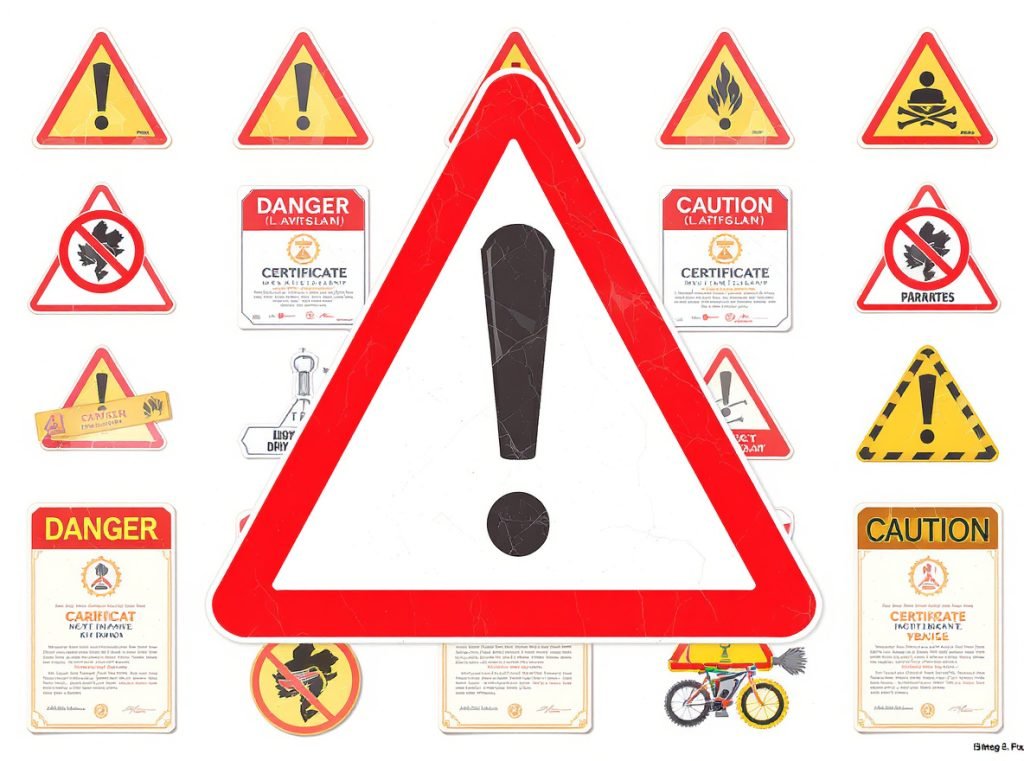
Pricing red flags often indicate hidden quality compromises or fraudulent operations. Cosmetic packaging in China typically ranges from $0.15 to $1.50 per unit depending on material, complexity, and order volume. Prices significantly below market rates without clear explanation suggest inferior materials or unrealistic promises.
Documentation red flags reveal unprofessional operations or potential fraud. Be cautious of suppliers who cannot provide proper business licenses, refuse verification through official channels, or provide vague contract terms without clear specifications and delivery schedules.
Operational red flags suggest inadequate manufacturing controls or hidden problems. Suppliers who refuse factory audits, provide poor facility tours, or cannot demonstrate proper quality control systems typically produce inconsistent results that damage brand reputation.
Communication red flags indicate potential partnership problems. Consistent delays in responses, inability to answer technical questions, vague answers to specific inquiries, or pressure tactics suggest operational issues or cultural mismatches.
Quality system red flags reveal insufficient manufacturing controls. Suppliers without documented quality procedures, proper testing capabilities, or systematic improvement processes cannot maintain consistent quality standards required for cosmetic packaging.
Critical Warning Signs to Avoid:
Financial Red Flags:
- Prices significantly below market rates ($0.15-$1.50 per unit range)
- Requests for unusual payment methods or full payment upfront
- Reluctance to provide proper invoices or business documentation
Operational Red Flags:
- Refusal to allow factory audits or facility inspections
- Poor factory conditions or inadequate quality control systems
- Lack of proper business licenses or registration verification
Communication Red Flags:
- Consistent delays in responses or vague answers to technical questions
- Pressure for immediate large orders without sample approval
- Inability to provide verifiable client references or testimonials
Quality Red Flags:
- No proper certifications or expired documentation
- Persistent quality issues without corrective action plans
- Ignoring intellectual property rights or offering counterfeit products
How Do You Negotiate Terms and Pricing Effectively?
Strategic negotiation balances cost optimization with quality assurance while establishing favorable long-term partnership conditions that benefit both parties.
Effective negotiation focuses on total value rather than unit price alone, leveraging competitive benchmarking, volume commitments, and long-term partnership potential while considering quality standards, delivery terms, and service levels in the overall value equation.

Market research provides negotiation leverage and realistic expectations. Understanding typical pricing ranges for cosmetic packaging in China ($0.15-$1.50 per unit) enables informed discussions and helps identify unrealistic quotes that may indicate quality compromises.
Volume-based negotiation strategies reward larger commitments with better unit costs. Negotiate tiered pricing structures that provide incentives for increased order sizes while maintaining flexibility for demand variations and market changes.
Cost reduction tactics focus on practical approaches that maintain quality standards. Consider using stock molds instead of custom tooling, avoiding complex decorations initially, ordering in larger volumes, and negotiating based on annual commitments rather than single orders.
Payment terms negotiation affects cash flow and risk distribution. Standard industry terms typically include 30% deposit with balance paid before shipment, though established relationships may enable more favorable arrangements based on performance history.
Value-added services negotiation enhances total partnership benefits. Discuss packaging design support, quality documentation services, shipping coordination assistance, and technical consultation that reduce your operational burdens and total project costs.
Negotiation Strategy Framework:
Price Structure Development:
- Research market rates and competitive benchmarks for realistic expectations
- Negotiate volume-based tiered pricing with clear breakpoints and incentives
- Focus on total value including quality, service, and support rather than unit price alone
Terms and Conditions:
- Establish clear quality standards and acceptance criteria before price discussions
- Negotiate payment terms that balance cash flow needs with supplier requirements
- Define delivery schedules, minimum order quantities, and modification procedures
Long-term Partnership Benefits:
- Discuss annual volume commitments for better pricing and priority service
- Explore exclusive arrangements or joint product development opportunities
- Consider inventory management support and marketing collaboration possibilities
Risk Management:
- Document all agreements clearly in written contracts with specific terms
- Establish quality guarantees and dispute resolution procedures
- Build relationships gradually through sample orders and performance evaluation
Summary
Finding a reliable plastic cosmetic jar supplier in China requires systematic evaluation of ISO 22716 certifications, manufacturing capabilities, quality control systems, and transparent communication standards. Focus on suppliers with verified business documentation, realistic pricing within the $0.15-$1.50 per unit range, and verifiable track records with international clients to ensure successful partnerships that protect your brand reputation and support business growth.
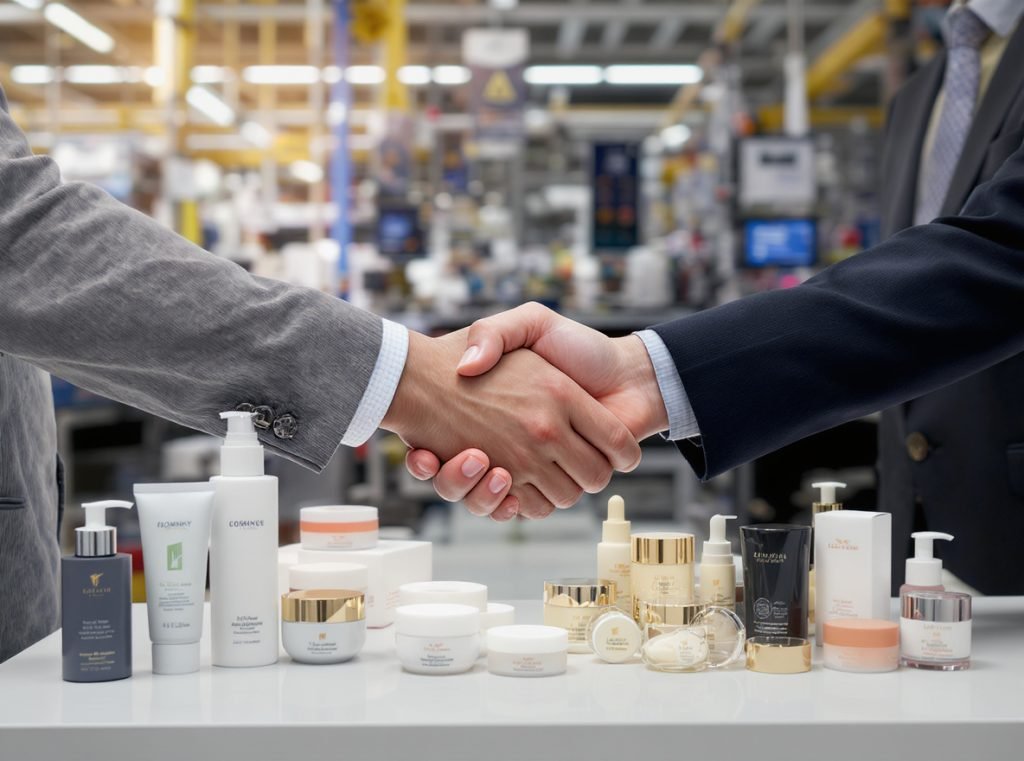
Ready to source premium cosmetic jars that meet international quality standards? Contact Acreet today for custom packaging solutions designed to exceed your exact specifications. Our ISO-certified manufacturing facility provides comprehensive support from design development through production and delivery, ensuring your cosmetic packaging reflects your brand’s commitment to quality. Send us your requirements for a detailed quotation and discover why leading beauty brands worldwide trust Acreet for their packaging needs.

